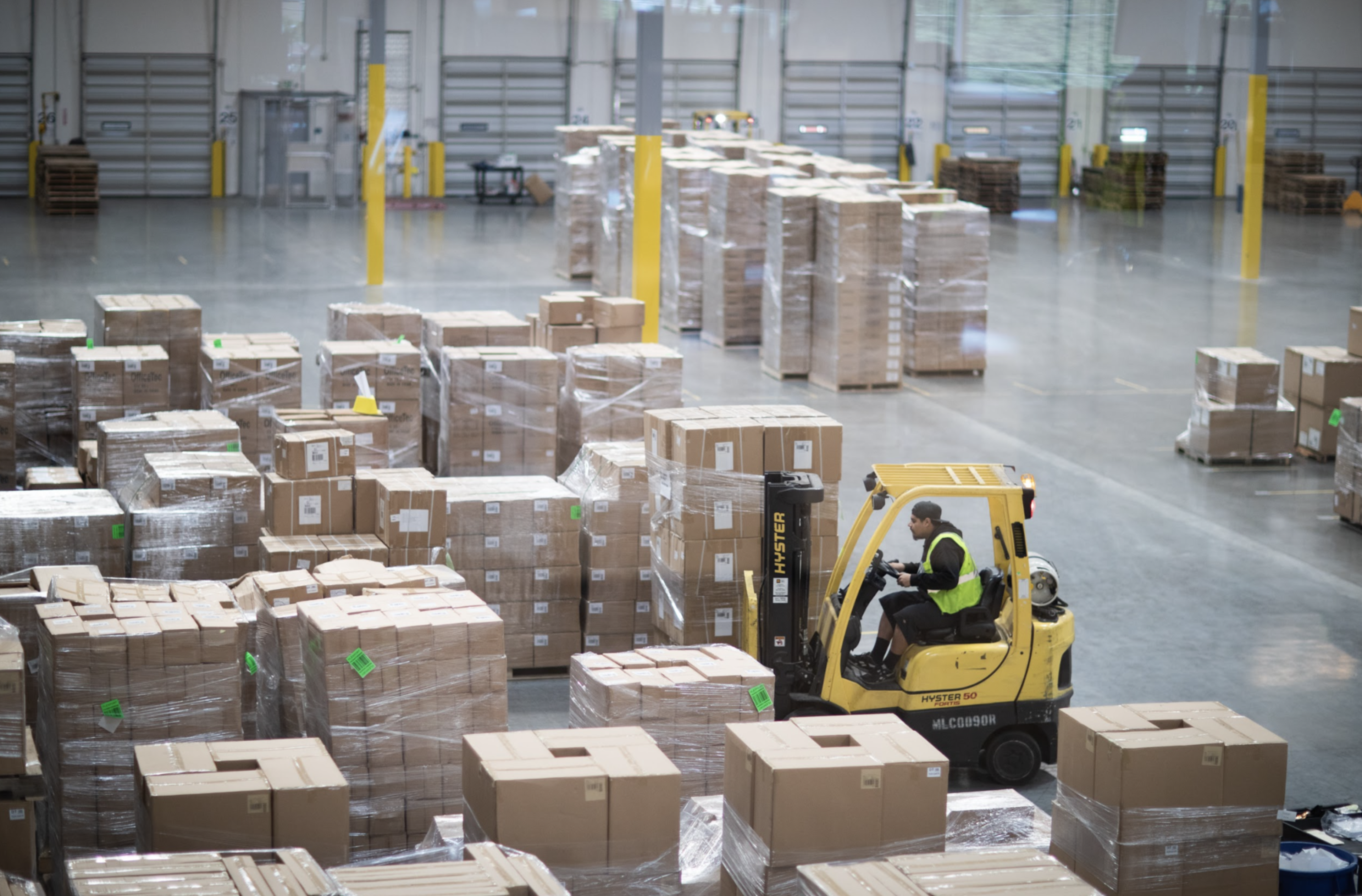At the start of 2023, Flexport, a San Francisco technology company that specializes in shipping logistics, sacked about a fifth of its employees—more than 600 in total (opens in new tab). But developments in the past week indicate that the business—once valued at $8 billion—is still in turmoil, with the company shuffling through CEOs, dumping office space and rescinding job offers to dozens of new hires, some of whom were supposed to start Monday.
In January, the co-CEOs—Dave Clark and Ryan Petersen—assured remaining employees (opens in new tab) that the company would “come out of this economic downturn fit and up for any fight.”
But Petersen stepped down shortly after the message, and last Wednesday, Clark left, too. The Wall Street Journal (opens in new tab) reported that Clark, who joined Flexport last September after a decadeslong stint at Amazon, was looking into running for Texas governor in 2026. (Clark did not confirm his gubernatorial ambitions but shared the Journal’s story on social media with an allusion to his possible run: “God Bless Texas.” (opens in new tab))
Then came a post on X (opens in new tab), formerly known as Twitter, from Petersen: “I’m back!!!”
The days that followed would prove to be consequential. Very early Friday morning, in an unexpected move, Petersen announced that Flexport would rescind “a bunch of signed offer letters,” including for employees who were set to start Monday.
“I have no ideas [sic] why more than 75 people were signed to join,” he posted on X (opens in new tab). “Or why we had over 200 open roles are on our web site.” He apologized to affected workers, calling the move “messed up,” but ultimately defended the call.
Flexport was a high-profile beneficiary of the pandemic as its services—optimizing the shipping process for businesses—became increasingly vital as demand for shipped products grew. The company was valued at $8 billion in 2022 in a lucrative funding round that included Andreessen Horowitz, Shopify and Michael Dell’s investment fund. But recent expansions into a fuller-service shipping platform proved more of a challenge, as Petersen wanted to beef up Flexport’s core freight-forwarding business. The company also had to contend with prevailing economic headwinds and declining shipping costs.
In a separate cost-cutting move, Petersen also said that he planned on subleasing (opens in new tab) a chunk of Flexport’s office space holdings, including a property in San Francisco that he says was previously the site of Dropbox’s headquarters.
Shortly after Petersen’s jovial introduction came a deluge of executive departures: Two key Flexport lieutenants hired by Clark exited Thursday. A day later, four more executives also left the company. All but one of the four were previously employed by Amazon, Clark’s former place of work, Bloomberg found (opens in new tab).
On Sunday, supply chain news site FreightWaves (opens in new tab) published a spicy interview with Petersen, in which he suggested that his predecessor was not doing enough customer service outreach and was burning through too much cash.
Almost as if to put this whole saga behind the company, Flexport launched a new product (opens in new tab) Tuesday: A “one-stop” supply chain service for customers the company is describing as a “supply chain revolution.” But it may take a bit longer to fully right the ship: A report published Monday (opens in new tab) by market intelligence firm CB Insights estimated that Flexport’s current valuation is likely a mere $1.4 billion to $1.6 billion—80% less than the one it received last year.
Flexport did not respond to a request for comment.
